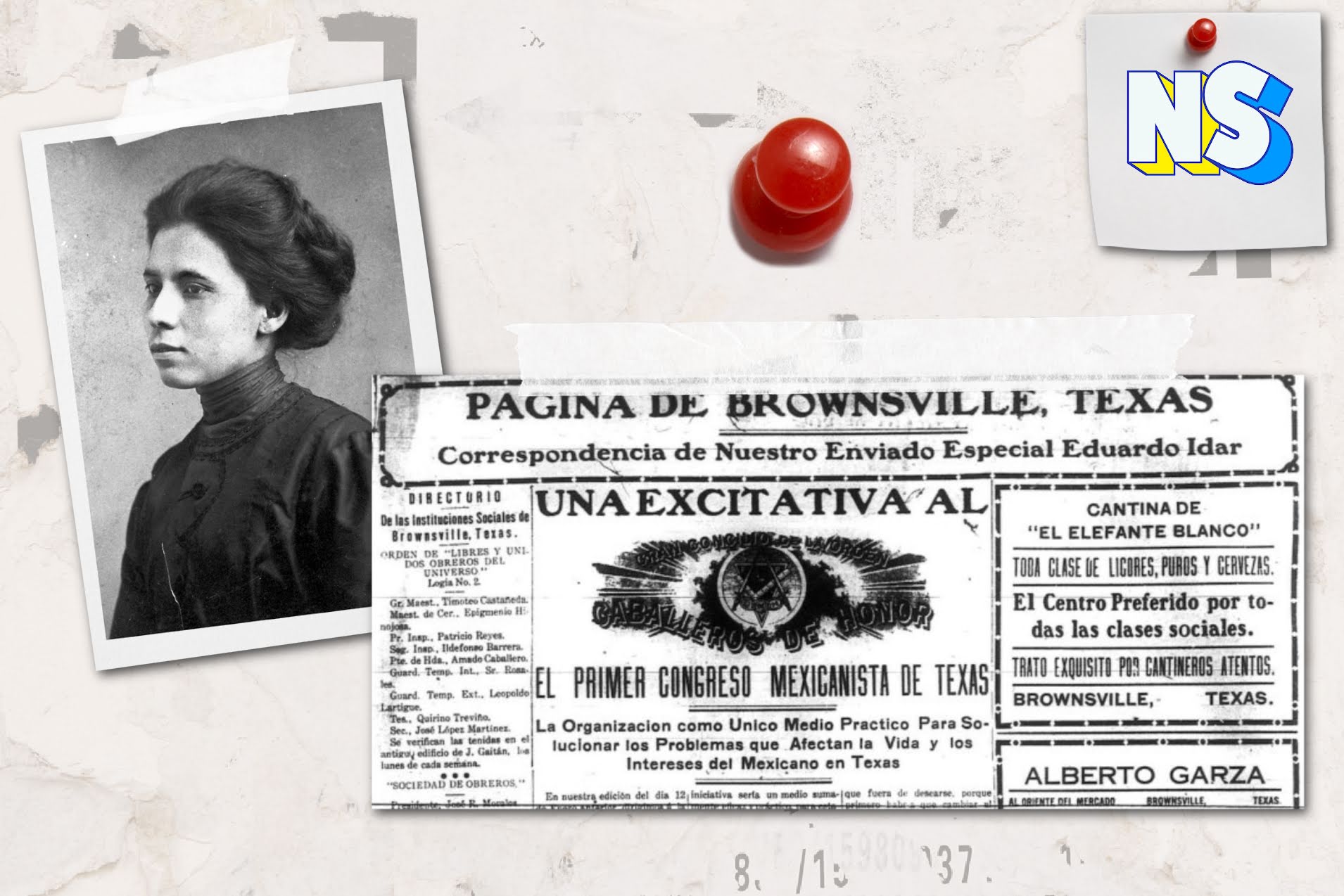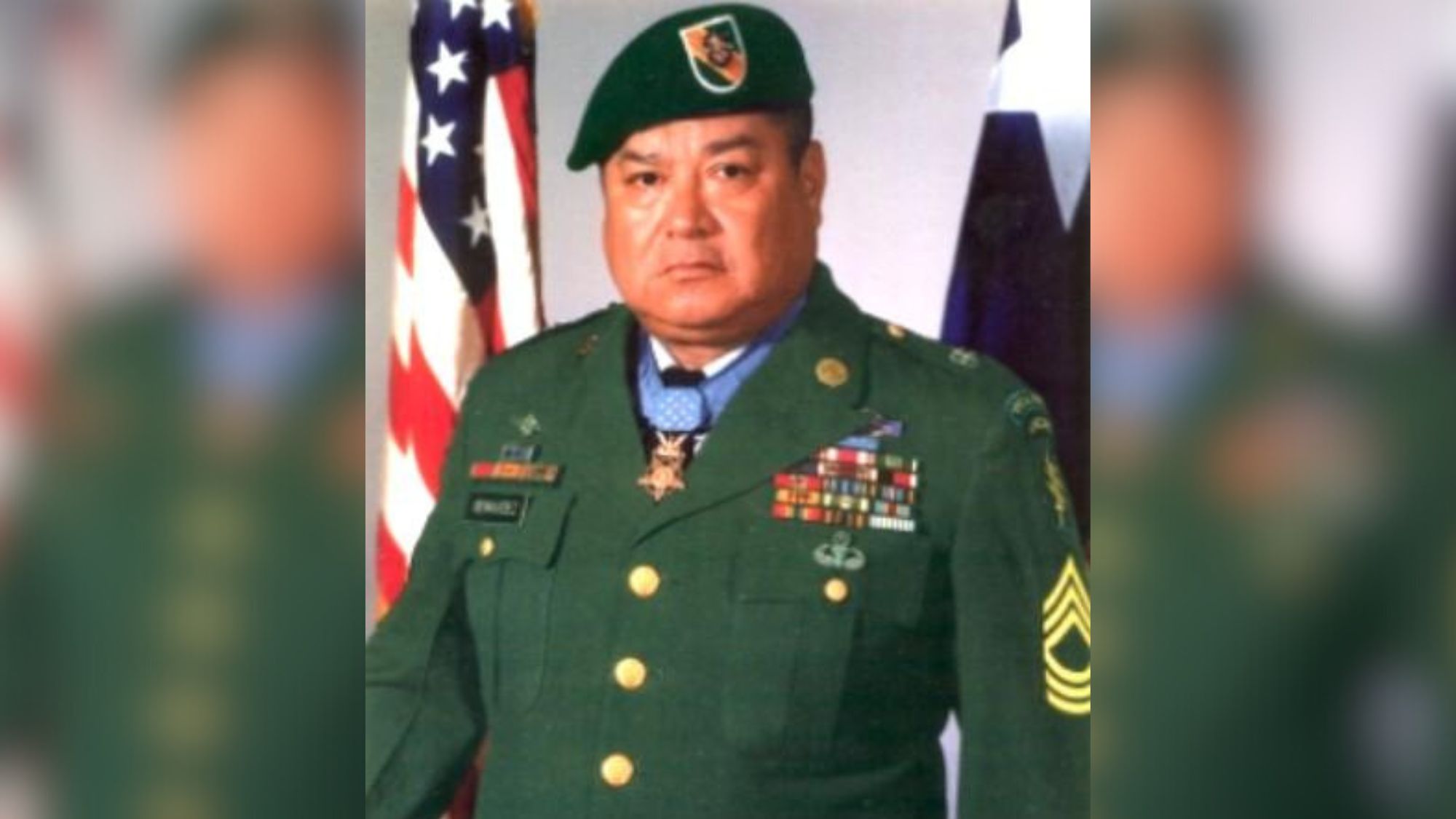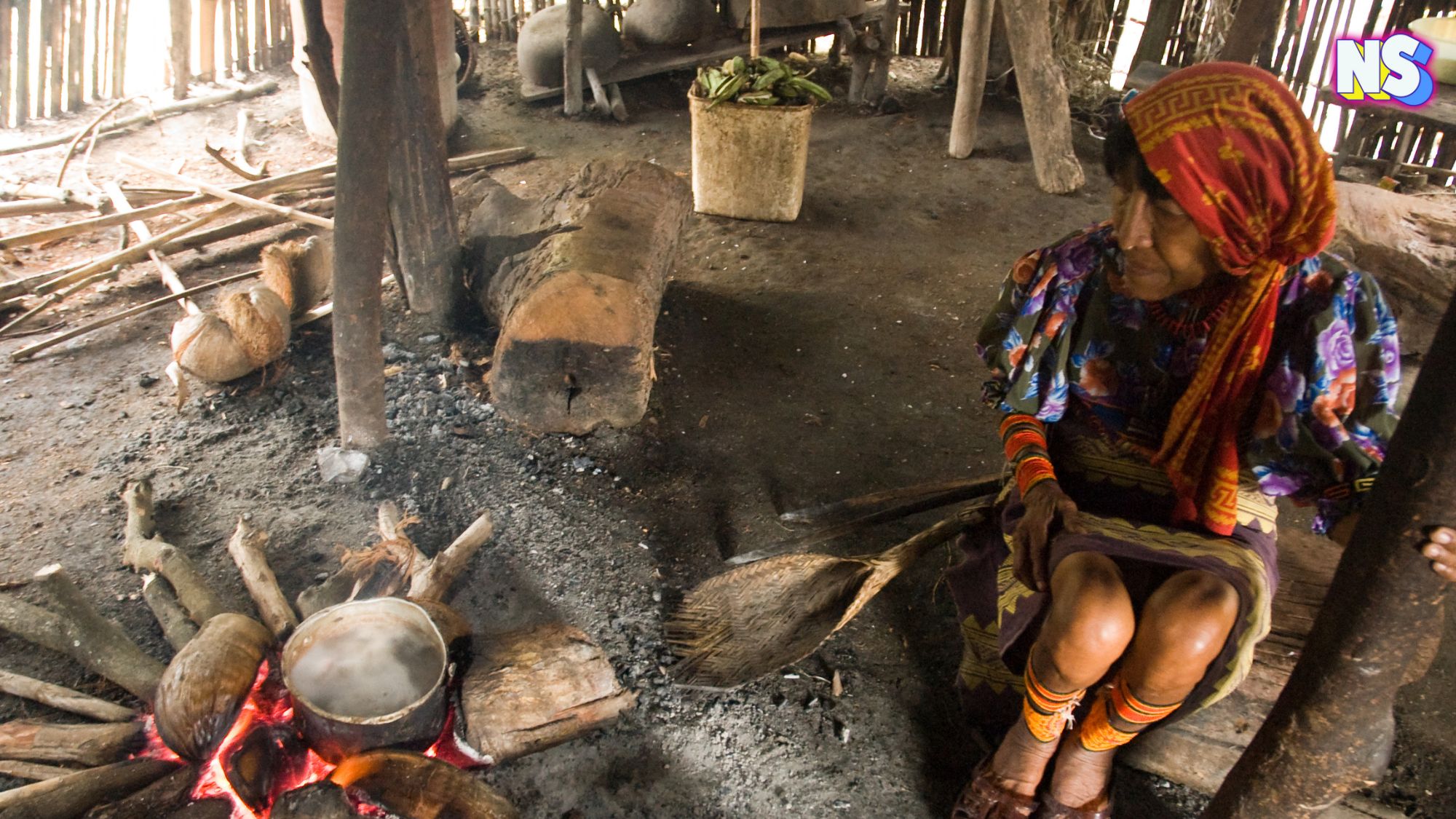Credit: Nuestro Stories
El Primer Congreso Mexicanista, which took place in Laredo, Texas, in 1911, addressed social, economic, and educational issues concerning Mexicans and Mexican-Americans.
El Primer Congreso Mexicanista’s Goal Was Ambitious
The aim of the first statewide political convention — which took place from Sept. 14 until the 22nd — was to put on the table the discontent with labor exploitation, segregation, economic disparities, and lynchings perpetrated by Anglo Texans against Mexicans and Mexican Americans and offer solutions.
Hundreds of Mexican representatives, journalists, community activists, and citizens from Mexico and Texas attended the convention. It constituted the largest Mexican-American civil rights forum at that time.
The Media Played a Role
The catalyst for the First Mexicanist Congress was publications in Laredo’s Spanish language newspaper, La Crónica — run by the Idar family. The pages of the paper exposed oppressive social conditions among Mexicans and Mexican Americans in South Texas.
The newspaper offered free advertising for the conference and, in article after article, called on all Texas Mexicans to send their representatives.
The Idars sought the attendance of the Orden Caballeros de Honor, members of lodges and sociedades mutualistas, all Mexican consuls in the state, Texas-Mexican journalists, and women from the region.
Let’s indulge in just a bit of history about La Crónica. In 1910 — Nicasio Idar — a journalist and political activist — took ownership of the Spanish-language newspaper as the Mexican Revolution began and a significant migration from Mexico to the United States took place.
In November of that year, locals in Rocksprings, Texas, lynch Antonio Rodriguez. This murder unleashed retaliation and subsequent media coverage on the U.S-Mexico border and led to a call for the convention.
Women’s Rights Were Top of Mind
Among the critical issues discussed were women’s rights; women participated as organizers or speakers — especially Nicasio’s daughter — Jovita Idar.
After the Congress, she wrote an article for La Crónica supporting women’s suffrage and encouraging women to vote. The League of Mexican Women was born from the convention and Jovita’s activism.
Read more: Two Chicanas Led ‘The Strike of the Century’ 52 Years Ago and Forever Changed History
The convention and the league took the motto: “Por la Raza y Para la Raza.”
She served as the league’s first president. Her goal was to secure education for poor Texan Mexican-American children. She was known to say, “when you educate a woman, you educate a family.”
Jovita — a community activist and journalist in her own right — was a force of nature. In 1913, she also crossed the border to serve as a nurse — in an organization similar to the Red Cross called La Cruz Blanca — during the Mexican Revolution.
Jovita returned to Texas later that year and joined the El Progreso newspaper. She penned an article protesting President Woodrow Wilson’s move to send U.S. troops to the border (sound familiar?)
The article did not sit well with the US Army and the Texas Rangers. They went to the newspaper’s offices to shut it down and found Jovita standing at the front door. She wouldn’t let them in. (They did return later and managed to shut the paper down.)
El Primer Congreso Mexicanista’s success was all due to a newspaper that did its job and a Mexican woman that persisted.
https://nuestrostories.com/wp-content/uploads/2022/06/Susanne-182×250.jpeg





